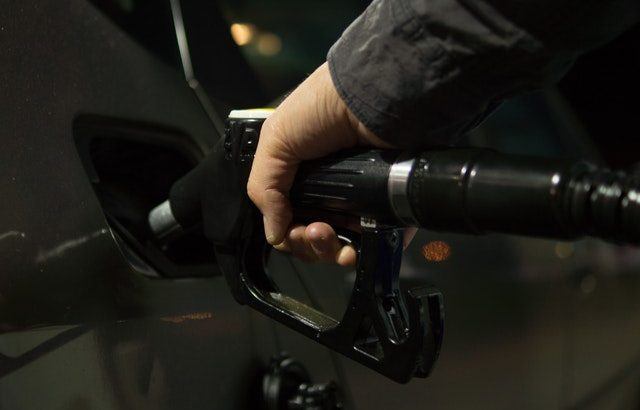
There has been an increase in the news surrounding a move to electric vehicles, including; France who want to ban all new petrol and diesel cars, a commitment similar to that of the UK, and car maker, Volvo who have released that all their vehicles will be electric or hybrid from 2019. Also, just yesterday, Mini released news that they would build their first all electric model here in the UK.
Amid fears of rising levels of nitrogen oxide which are harmful to humans, there is an increasing focus and pressures on removing the traditional combustion engines from our roads in particular diesel vehicles. Therefore, strategies to stop the sale of all new petrol and diesel cars have been released today by the UK government as part of their ‘Clean Air Plan’. The Environment Secretary, Michael Gove has also promised a ban on hybrid vehicles.
“Poor air quality is the biggest environmental risk to public health in the UK and this government is determined to take strong action in the shortest time possible,†a government spokesman said. It is thought that the high levels of air pollution in the UK could be responsible for 40,000 premature deaths each year and one method of tackling this issue is to alter the way the nation travels.
Ministers have unveiled a £225m fund to help councils tackle emissions from diesel vehicles. It is recognised that the government need to take a lead in these plans, however, offer support and funding to local authorities to implement changes such as; improving road layouts, making public transport cleaner and re-programming traffic lights in order to improve traffic flow.

Others suggest that other sources of emissions need to be investigated and restricted rather than just targeting transport. Infrastructure within the country will have to rapidly improve in order to encourage the public to make a move towards electric vehicles, the government are already offering incentives such as the ‘plug-in-grant’ of up to £4,500 on particular models, but is this enough? It is estimated that at the end of June 2017 there were 105,000 plug in vehicles within the UK. However, according to an ONS Survey, the main concerns for people when thinking about purchasing a new car were the ease of recharging and the battery range. This is an issue and perception that needs to be addressed quickly and urgently. Although research in 2014 shows that 66% of car journeys were for distances of less than five miles – perhaps journeys that hybrid cars would be ideal for?
With approximately 10 million diesel vehicles on Britain’s roads, the government have a huge task ahead of them. Calls for a scrappage scheme are being made to alleviate the cost of replacing older less efficient models for newer, greener modes of personal transport.
It is vital that public transport services are improved, particularly in more rural areas. Alongside this, more focus needs to be placed on other sustainable modes of transport such as walking and cycling; in particular car clubs and cycle schemes. The government have already released schemes to fund walking and cycling. In addition to this, there should also be strong incentives for public transport operators to progress and make changes to their fleet. It is believed that funding for such projects will come from the support given to local authorities. Is this a step too far? Should the government just invest in more sustainable means of transport to encourage an organic move from combustible engines or are they right to ban all new petrol and diesel cars?
More information is expected to be released by the end of the week with further details of the governments’ full plans.